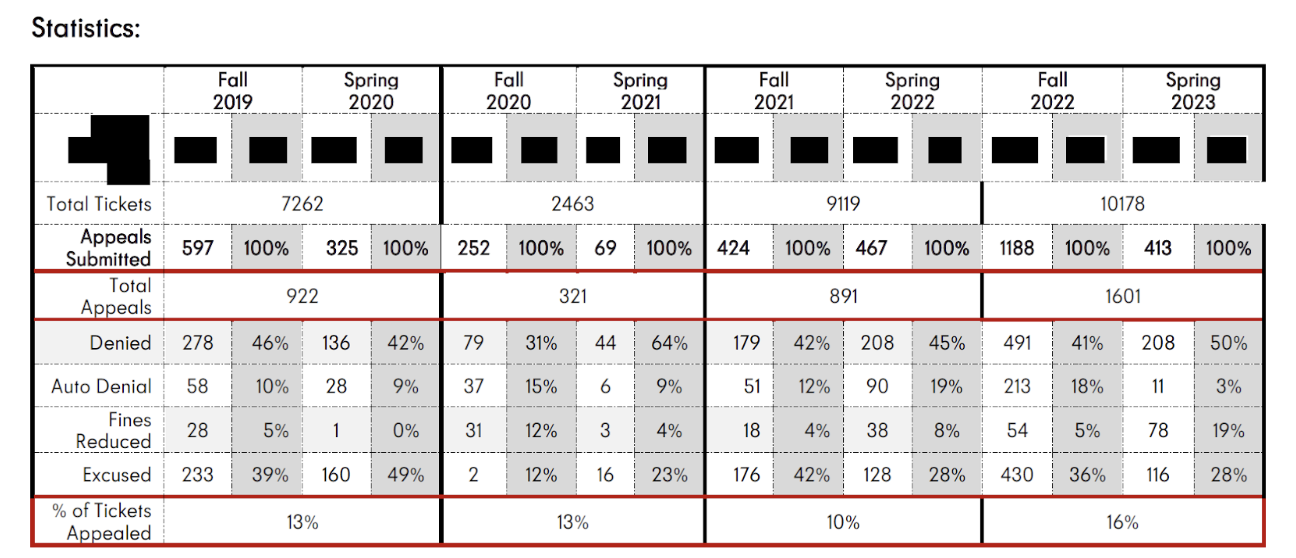Dressed in a plaid shirt with gray slacks matching his suit jacket, Jonathan Mooney faces the crowd. His style—his oval shaped glasses and slicked hair—shouts sophistication and intelligence, while his demeanor captures the audience. By looking at the man in front of them, students wouldn’t know that Mooney suffers from a disability.
On Tuesday, Oct. 9, KU faculty and students joined Jonathan Mooney—a writer and learning activist—in his inspirational talk, “Re-Drawing The Lines Neurodiversity: A Compass to a Changing World,” from 11 a.m. to 12 p.m. Located in room 183 of the McFarland Student Union Building, the discussion focused on Mooney’s theory for an educational revolution.
Mooney, who suffers from dyslexia and attention deficit hyperactivity, is an advocate for what he deems “a defining rights movement for the 21st century.”
“What we have is a 19th century approach to education that is failing 21st century kids,” said Mooney, “We have to re-imagine the system for the kids in the hallway and the kids in A.P. classes because our future is at stake.”
The education revolution concentrates on altering the antiquated school system, which focuses on context and cognitive skills, toward a modernized and unique one. According to Mooney, the most influential methods revolve around the connection between students and educators as well as character skills.
“These things like reading and writing or so-called cognitive and basic skills are so less important than your grit, perseverance and character,” said Mooney, “We’ve been focusing on the wrong things like content and cognitive skills, when we should be focusing on character and connections. Those are the ways to reimagine an education system.”
Mooney also discussed several factors that can lead towards this learning revolution, which emphasize the development of a broader definition of human behavior and what makes a child “good,” rethinking the purpose of education and wrestling with dissonance to help students master one important skill rather than multiple skills.
In addition, Mooney also claims that the United States has narrow definitions of a complaint child and the meaning of intelligence in schools.
“On average, in elementary schools in America, 75% of instructional hours are spent on two skills: math and reading,” said Mooney, “We invest so much time in those skills and on people’s I.Q.’s even though they are irrelevant to life’s success.”
According to Mooney, resilience, perseverance and self-control are the most important factors a child should learn in comparison to cognitive skills that educational systems focus on. It is those three characteristics that can alter the future of learning.
Furthermore, the writer expressed his beliefs on teachers and the educational system that not only labeled him as “not normal,” but also gave him negativity prophecies about his future that would include flipping burgers and incarceration.
As a result of his disability, Mooney dropped out of school during the sixth grade and planned to commit suicide.
“I was one of those kids who had such a hard time learning to read that I spent most of my high school experience hiding out in the bathroom to escape reading out loud with tears streaming down my face,” said Mooney.
Mooney did not learn to read until the age of 12, and within two years, he enrolled in ninth grade to give education a second chance. Despites his struggles, Mooney graduated from Brown University in 2000 with a degree in English Literature.
Since his graduation, Mooney has written two books—The Short Bus: A Journey Beyond Normal and Learning Outside the Lines—and has traveled the country to speak on the subject of learning disabilities and neurodiversity.
Mooney is also the co-founder and president of Project Eye-to-Eye, a mentoring program that teaches adults and older teenagers with learning disabilities to act as mentors for young children who have similar disabilities.
For more information, students can email Mooney at jonathanmooney@me.com or visit his website at jonathanmooney.com.
By Marianella Orlando





Leave a Reply